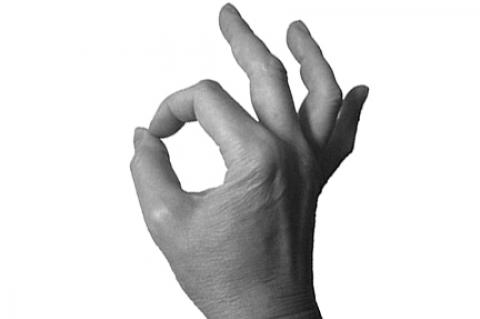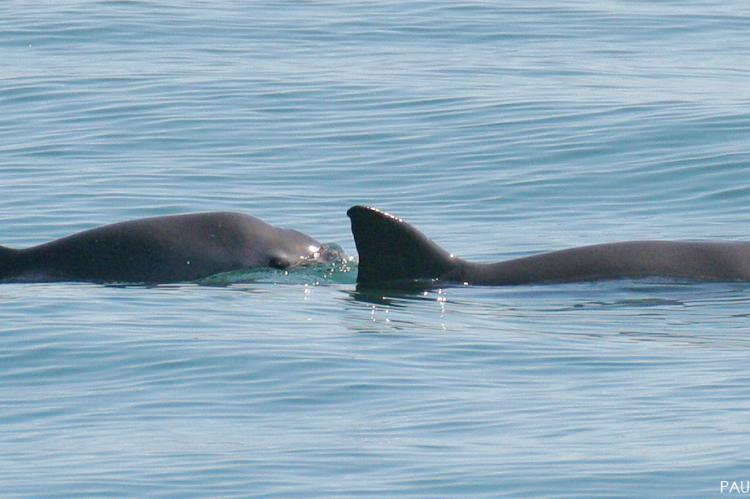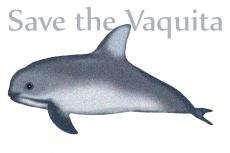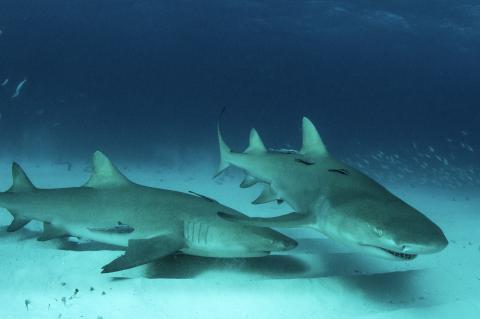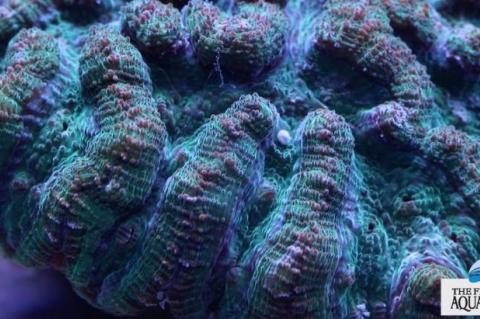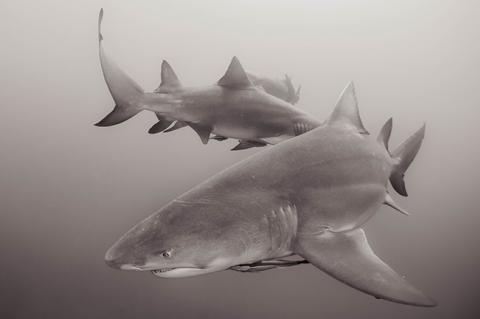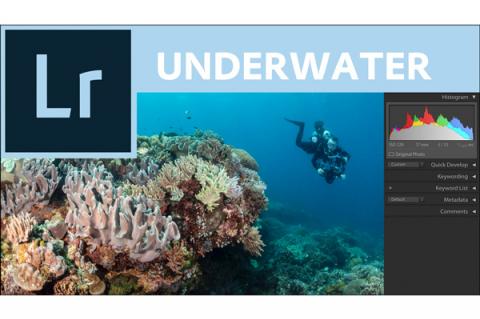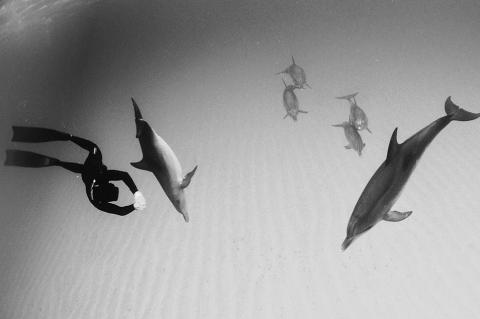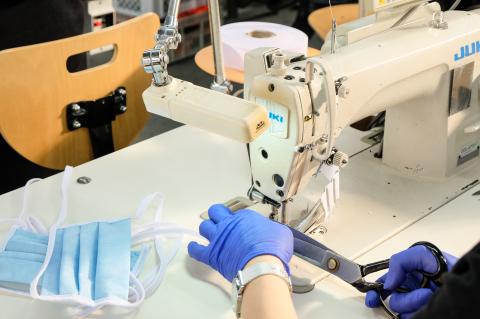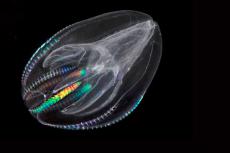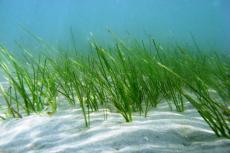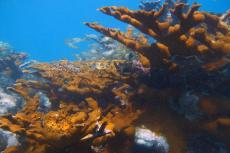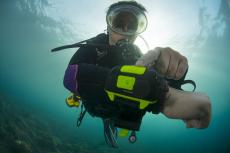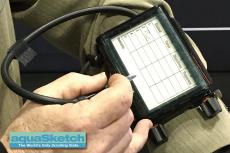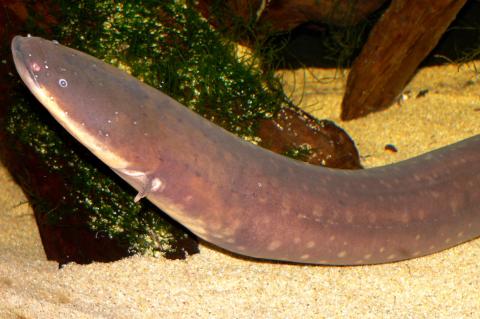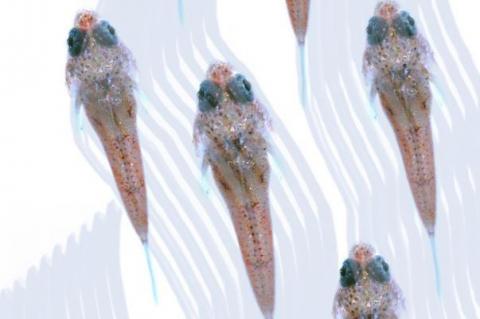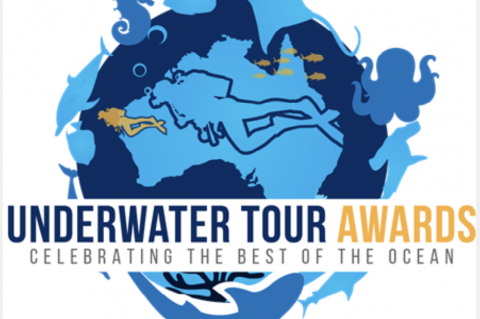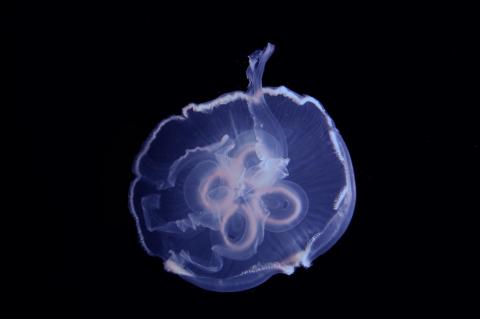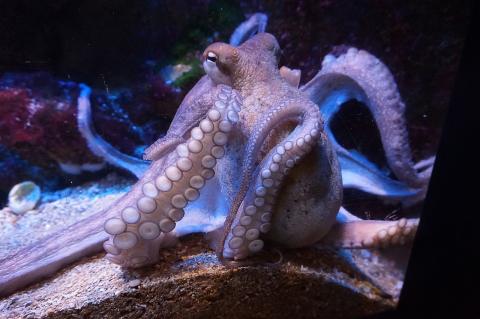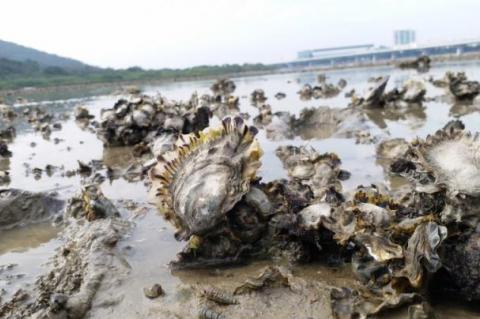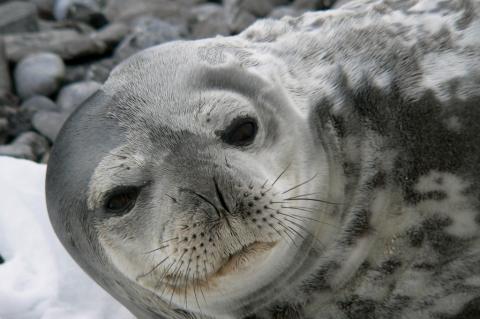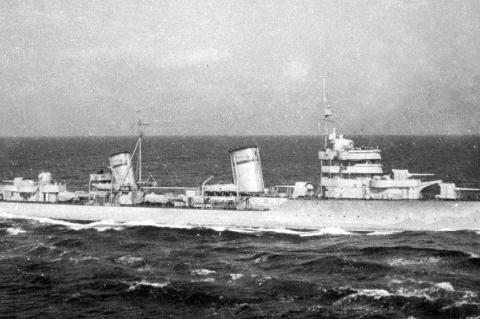Less than 60 vaquitas left in the world!
In July 2016, the United States and Mexico renewed their commitment to saving the vaquita porpoise, the smallest and most endangered cetacean on Earth.
PANDA OF THE SEA
Known as the “Panda of the Sea”, because of the dark rings around its eyes and overall cuteness, the vaquita porpoise is the most endangered and smallest marine mammal on the planet.
With less than 60 documented individuals left in their native habitat in the northern part of the Gulf of California, Mexico, gillnet fishing for shrimp and the endangered totoaba fish has decimated the population.
Known as “aquatic cocaine”, the bladder of the totoaba fish is prized as a delicacy in soup in China and Hong Kong where it can sell on the black market for US$10,000 per bladder.
Want to help?
Stop eating totoaba soup. Pass the word! For more actions, go to Viva Vaquita: http://www.vivavaquita.org/act-now-to-save-the-vaquita.html.
The Mexican government has now permanently banned gillnets and night fishing in the upper Gulf of California, which is the only place in the world where the critically endangered porpoise is found.
Illegal gillnet fishing for totoaba fish, another endangered species, has been the main threat to the vaquita. Fishers with small boats have used the cover of night to hide their nets and illegal fishing activities. Totoaba swim bladders, infamously known as “aquatic cocaine”, are prized as a soup delicacy (believed to enhance one’s complexion) in China and Hong Kong, where they are sold on the black market for upwards of US$10,000 per bladder. The rest of the fish is discarded.
The vaquita porpoises, which are about the same size as the totoaba fish, get entangled in the gillnets and drown.
Last-minute measures
In the July 22 statement from the US Whitehouse, both US President Barack Obama and Mexican President Enrique Pena Nieto pledged to intensify bilateral cooperation in the protection of the critically endangered vaquita marina porpoise. In addition to the gillnet and night fishing bans in the Gulf of California, both countries will increase enforcement efforts to stop illegal fishing and trade of totoaba bladders, develop alternatives to gillnets and establish “vaquita-safe” fisheries, and initiate a long-term program to remove ghost nets (nets dumped on the seafloor) in the region, which also kill vaquita.
Conservationists welcomed the moves by the two governments, many declaring that the decline of the vaquita population was man-made and its extinction is preventable.
What you can do
Want to help? Stop the demand for totoaba bladders. Stop eating the soup and encourage others to stop consuming it, as well. Share the slogan on social media. Education is key. Pass the word.
For more actions you can take to help, go to Viva Vaquita: http://www.vivavaquita.org/act-now-to-save-the-vaquita.html. ■
SOURCES: AWI, CIRVA, CNN, FIS, GUARDIAN, JUSTICE.GOV, PORPOISE.ORG, VIVAVAQUITA.ORG, WASHINGTON POST, WHITEHOUSE.GOV

